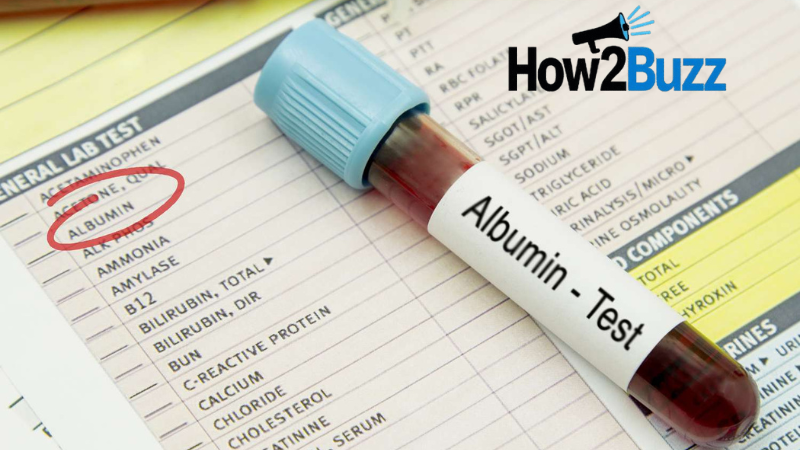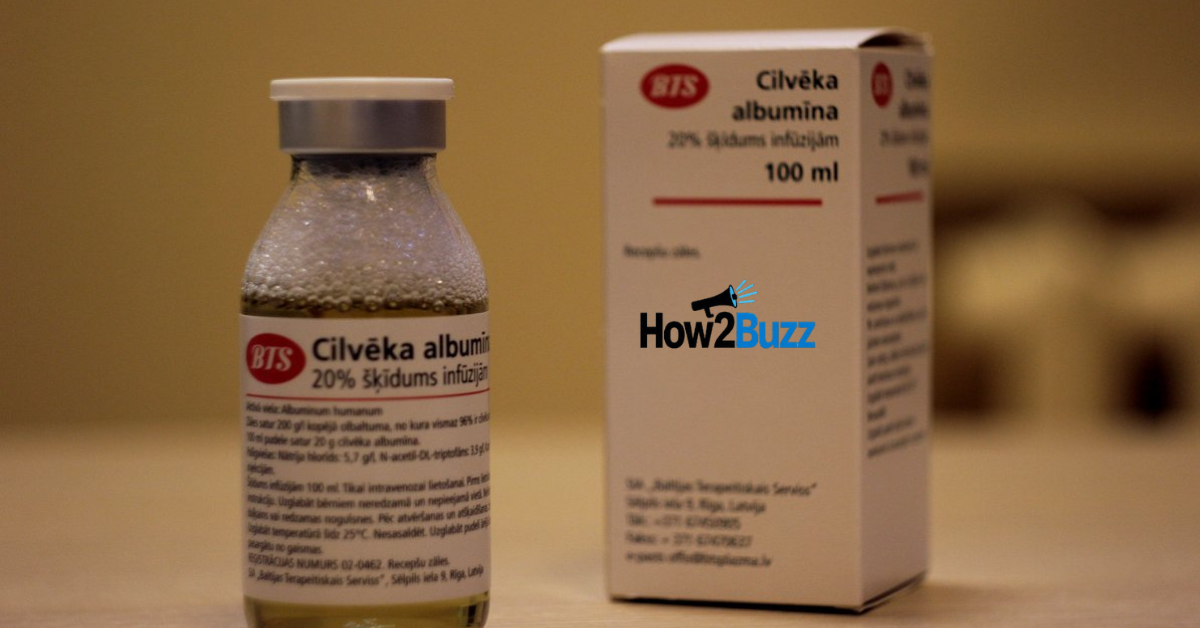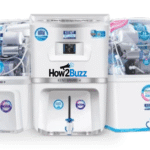Understanding what goes on inside your body is key to staying healthy. One term you might come across in your blood test results is albumīns. It may not sound familiar at first, but this protein plays a vital role in your body’s day-to-day operations.
Produced by the liver, albumīns help maintain fluid balance, transport essential nutrients, and even support healing. They’re one of those unsung heroes—quietly working behind the scenes to keep everything running smoothly.
How Albumīns Support Your Body’s Core Functions
Within the bloodstream, albumīns serve as regulators. They help prevent fluids from leaking out of your blood vessels and into surrounding tissue. This keeps your blood pressure stable and reduces the risk of swelling or edema.
Another big job of this protein is transportation. It binds with hormones, fatty acids, and even medications, delivering them where they’re needed. Without this system, your body would struggle to move critical materials from one area to another.
Albumīns Levels: What They Reveal About Your Health
Doctors often use albumīns levels as a marker to evaluate your nutritional status and organ function. If levels are low, it may point to issues with the liver, kidneys, or digestive system.
Low albumīns levels could also signal inflammation or a chronic condition. On the flip side, elevated levels are usually linked to dehydration. So, whether high or low, this protein tells an important story about what’s going on inside.
Protein Production and the Liver’s Role
Your liver plays a crucial role in maintaining albumīns levels. It synthesizes this protein continuously, assuming it has enough building blocks—especially dietary protein and energy.
When the liver is compromised, such as in cases of hepatitis or cirrhosis, production may drop. That’s why albumīns levels are frequently checked in people with liver conditions—they help doctors monitor how well the organ is functioning.
How Nutrition Affects Albumīns Levels
What you eat directly influences this protein’s presence in your blood. Diets low in protein or calories can impair your body’s ability to make enough of it, even if your liver is healthy.
Good sources of dietary protein include lean meats, legumes, dairy, nuts, and fish. Including a variety of these foods can help maintain balanced albumīns levels and overall wellness.
Fitness, Hydration, and Fluid Balance
In the world of fitness, hydration and recovery are huge topics. What most people don’t realize is how much albumīns contribute to both. Their ability to retain fluid in blood vessels helps regulate hydration during and after workouts.
In addition, albumīns assist in repairing tissues. After physical exertion, muscles need nutrients to recover and rebuild, and this protein helps deliver those nutrients efficiently.
The Connection Between Inflammation and Albumīns
In times of illness or infection, your body shifts its focus toward immune response. During this process, production of certain proteins—including albumīns—may slow down temporarily.
This is normal and doesn’t always indicate a problem. However, if levels remain low over time, it could mean the body is dealing with ongoing stress, inflammation, or a chronic disease.
Diseases That Impact Albumīns
There are several medical conditions known to affect albumīns. Kidney disorders, especially those that cause protein loss through urine, can lead to a drop in this important protein.
Liver disease is another major factor. When liver cells are damaged or inflamed, they may not produce adequate amounts. Conditions like Crohn’s or celiac disease can also lead to deficiencies by limiting nutrient absorption.
How Lifestyle and Stress Come Into Play

Lifestyle choices, including alcohol use, smoking, and even chronic stress, can influence your body’s ability to maintain protein balance. These habits affect both liver function and nutrient absorption.
Practices like regular exercise, quality sleep, and stress reduction techniques such as mindfulness or yoga can indirectly support healthy albumīns levels.
When and Why to Get Tested
Albumīns levels are typically measured during a routine metabolic panel. The test doesn’t require fasting and is usually done as part of an annual health checkup or to investigate specific symptoms.
If your results show abnormal levels, your doctor may order follow-up tests. These results are rarely interpreted in isolation. They’re considered alongside liver enzymes, kidney markers, and other health indicators.
Preventive Care and Healthy Protein Levels
Supporting albumīns levels doesn’t require drastic changes. Often, simple adjustments like eating balanced meals, staying hydrated, and addressing minor health concerns early can make a big difference. In more serious cases, treatment may involve managing a chronic illness, changing medications, or correcting a nutrient deficiency. Your doctor will guide the best next steps based on your specific needs.
FAQs About Albumīns
What does it mean if my albumīns levels are low?
It could indicate liver or kidney issues, poor diet, or inflammation. It’s best to discuss the full picture with your healthcare provider.
Can dehydration affect albumīns results?
Yes. Dehydration can make levels appear higher than they really are, due to the reduced fluid in your bloodstream.
Should I worry if my levels are slightly outside the normal range?
Not necessarily. A slight deviation doesn’t always mean something is wrong. Other tests and symptoms usually help form a clearer diagnosis.
Can I raise my albumīns levels with diet alone?
In many cases, yes. Eating enough protein, staying hydrated, and avoiding alcohol can help. But underlying medical issues may need specific treatment.
Is testing albumīns a standard part of a health checkup?
Yes, it’s often included in a comprehensive metabolic panel during routine bloodwork.



